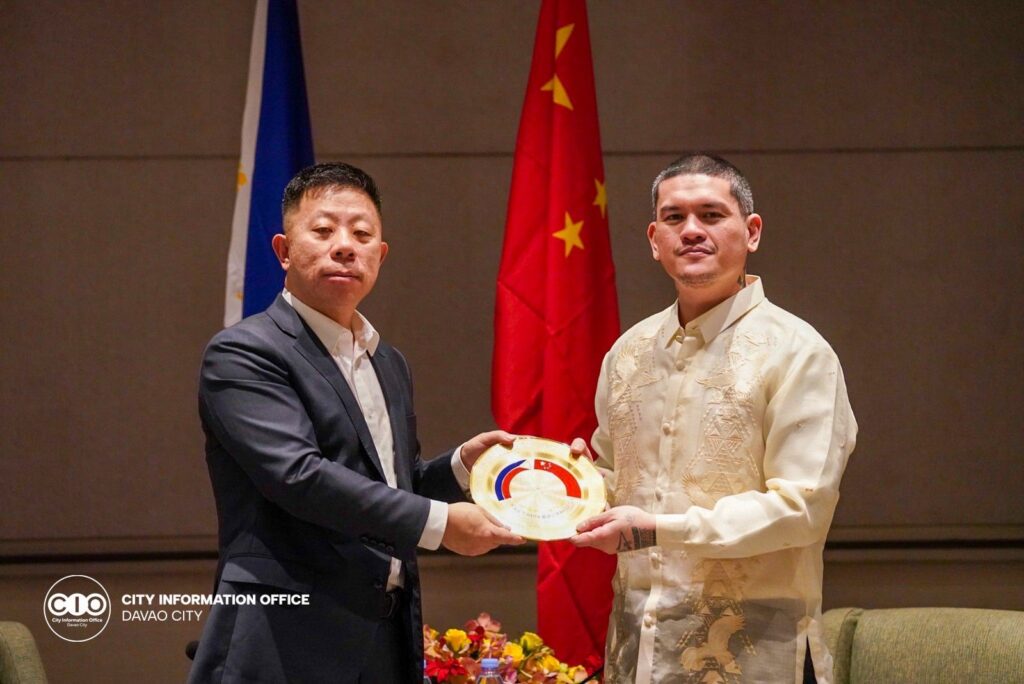Bayan Muna, the Kilusang Mayo Uno (KMU), the Kilusang Magbubukid ng Pilipinas (KMP), ACT Teachers partylist, Anakpawis, Gabriela and Kabataan have all argued that the Marcos Jr. administration is making a mockery of the budget process by insisting that it is perfectly legal, aboveboard and just for Finance Secretary Ralph Recto to fiddle with the people’s money and transfer it to the national government to finance “unprogrammed” projects.
On its face, these “unprogrammed appropriations” of UA are a ruse to siphon off money from agencies, like the Philippine Health Insurance Corp. (PhilHealth) on the excuse that the “idle” money in its coffers is a “subsidy” comprised of “excess funds.” By arguing that he can touch it, Recto is seeking to touch the sky. All he has are orders, legal opinions and agency regulations that cannot destroy the majesty of the law. PhilHealth, for instance, had to raise the minimum contribution of members by P500 last January 2024 ostensibly to beef up the finances of PhilHealth. If there was so much money on the vault of PhilHealth, why was it necessary to raise the premiums?
The Recto argument doesn’t fly. Which is the reason why progressive organizations sued, along with Sen. Koko Pimentel, to stop Recto and the Department of Finance (DOF) from raiding the kitty of PhilHealth. What the DOF’s action amounts to is the “sequestration” of funds intended to support the needs of PhilHealth members and beneficiaries as well as the indigents who need medical attention. There are no such thing as “idle” funds for medical insurance and there is no guarantee that epidemics like Covid-19 and outbreaks of serious ailments like dengue would not visit the country.
Why Recto targeted PhilHealth as “donor” to the UA that the national government could finance through loans, grants and non-tax revenues is inexplicable. Why didn’t he look at the Maharlika Investment Corp. (MIC), which has billions lying idle as it has not made a single investment after the glowing reports about its money doubling or tripling during the Marcos Jr. incumbency? Then, there is the matter overbudgeted instrumentalities like the Office of the Vice President (OVP), which has a bloated proposed budget of P2.05-billion.
The OVP under Sara Duterte purchased or leased seven (7) properties to serve as her satellite offices and supposedly disbursed part of P125-million from the Contingent Fund (CF) of the Office of the President (OP) for this purpose. The very idea of having seven satellite offices in Luzon, Visayas and Mindanao is akin to having seven extension offices for Sara Duterte. The OP has no extension office anywhere, including the disputed islands in the Spratlys. The state is not compelled to subsidize the political infrastructure of Duterte; neither is it obliged to finance the printing of a children’s picture book that looks, talks and sounds like Andy Runton’s book.
To compound Recto’s problems, the budget watchdog Social Watch Philippines (SWP) called for open bicameral budget deliberations to end the hobgoblins from eating up the annual largesse called the national appropriations bill. Inevitably, the villains in this tableau are reposed with the duty to analyze the budget, shift funds, defund some items and generally finance projects in congressional districts each year. The actors and actresses in the proceedings done in the inner sanctum of Congress profit from “labor” especially when midterm and general elections come. Contrast this to what happens at the Comelec once in three years.
Congress has abused the national purse for years, creating a breeding ground for corrupt and unfair practices, warned SWP’s Dr. Ma. Victoria Raquiza. “Shrouded in secrecy, the Bicam body has persistently made ‘insertions’ that include massive budget reallocations, ‘double and overlapping’ appropriations, and new budget items. These actions are conducted off the record and without a paper trail. The Bicam report does not offer any justification for the amendments and revisions made by legislators. This practice must stop,” she argued.
Citing data from the Department of Budget and Management (DBM), budget allocations for UAs averaged ₱87 billion from 2003 to 2018. Between 2019 and 2021, the amount swelled, averaging nearly ₱200 billion annually. There has been a dramatic surge in UA for 2022, 2023, and 2024. The proposed UAs were boosted by legislators and rose by ₱100 billion in 2022, more than doubled to ₱219 billion in 2023, and once again doubled to ₱449.541 billion by 2024. Only in 2010 did lawmakers give P50-billion to support calamity-related programs and projects.




